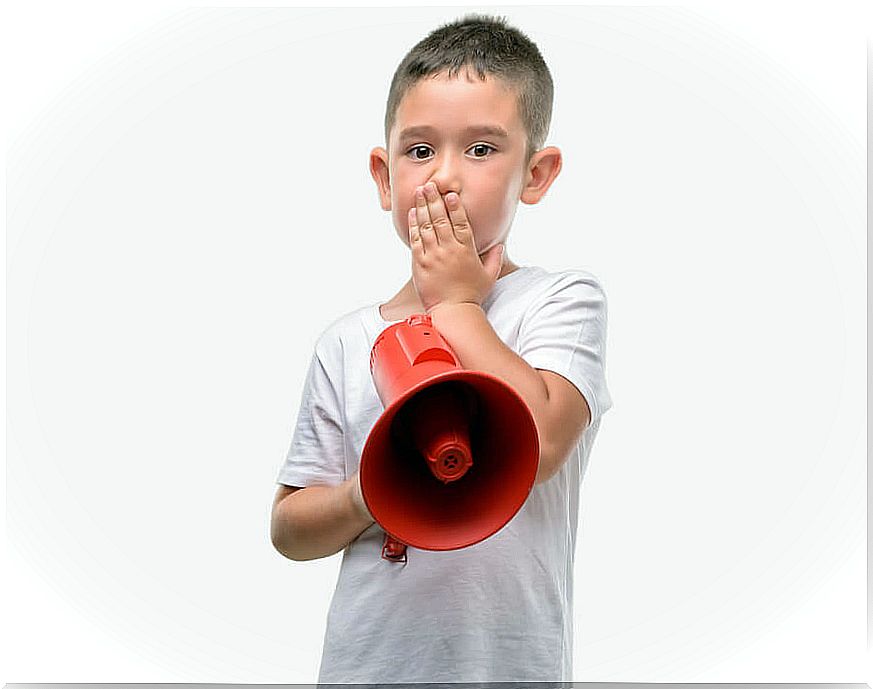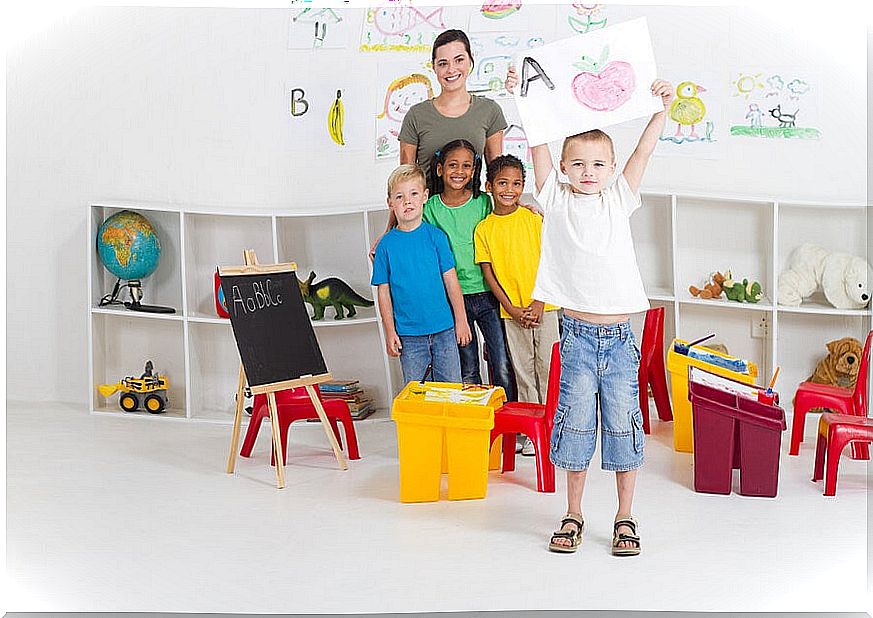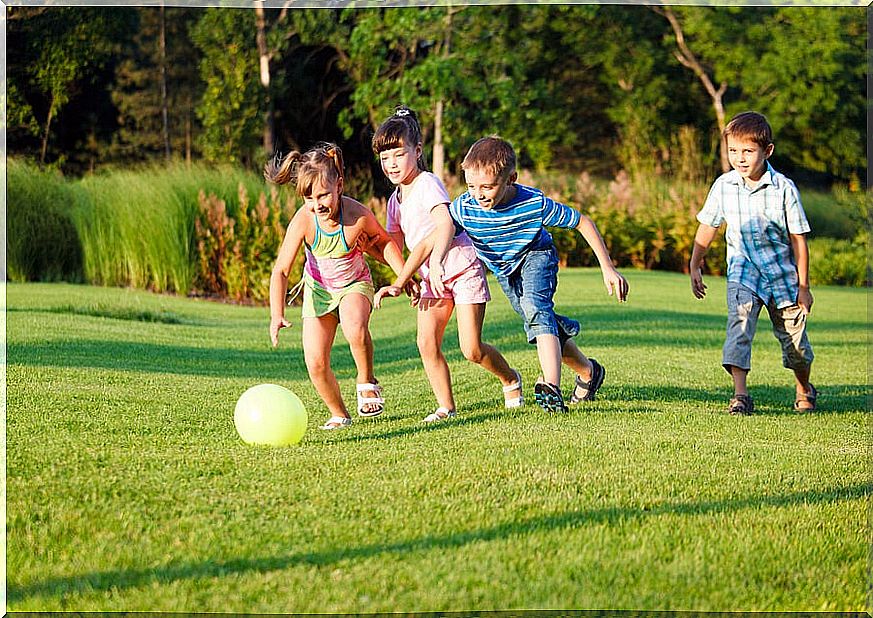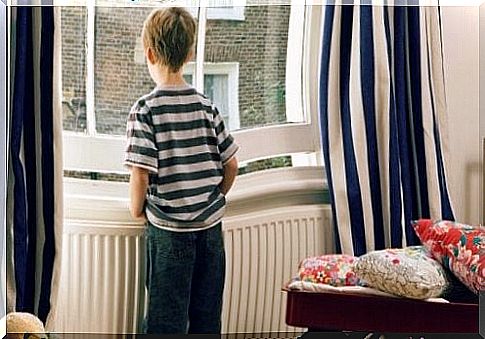My Son Does Not Speak Outside The Home

“When we are with family he tells me everything and expresses himself correctly. However, my son does not speak outside the home, mainly in front of strangers ”. Does this phrase sound familiar to you? If you are experiencing the same situation with your little one, we invite you to read the following article.
My child does not speak outside the home: selective mutism
What for mothers is “my son does not speak outside the home”, for doctors it is “selective infantile mutism”. It is the same disorder and it is not always easy to detect. It is said that it is because the child is shy or introverted, because he is ashamed because he does not know people. The perception that families often have is that since they speak at home, it is not a problem. And they take it for granted that it will pass.
Selective mutism is usually diagnosed when the child begins kindergarten or school, as he does not respond to questions from teachers or other children.

This disorder affects the stage from three to eight years. It does not have to do with interpersonal relationships, but only with speech. This means that they are likely to play with other children or pay attention to what is going on around them. But, he does not emit any words to express himself or to interact with others.
They are usually very curious children, extremely intelligent and quite sensitive. Also somewhat anxious and in many cases selfish with their toys or personal items. Although it is not a sine qua non condition , it is more likely in only children than in those with siblings.
Identifying selective mutism is very important because in this way we can treat it as a family and achieve changes as soon as possible. We must bear in mind that this communication disorder can generate some impact or trauma in the child by not being able to integrate in the school or in the park.
My child does not speak outside the home: how do I help him?
If you suspect that your child is suffering from selective mutism, take him to a specialist as soon as possible. Not much is known yet about this disorder. However, through games, stories, drawings and other activities it is possible to get the child to talk outside the home.
From a family point of view, it is necessary to support him at all times and not pressure him to talk to someone if he does not want to. Frustration, anxiety, and anger can be present when we try to get him to say a word in unfamiliar surroundings.
Avoid social isolation by all means. Locking yourself at home with him will not help him get through the problem. Know to what extent to help him socialize and when you are being too pushy. But, for nothing in the world, stop attending parties, meetings or playgrounds.
You can organize parties or gatherings at home and invite classmates, cousins, neighbors or children of your friends. Take him to places where he can play talking, singing, or just saying single words.

You can also teach him to express himself through pictures that represent common situations, such as going to the bathroom, eating fruit, playing ball, or taking a nap.
Another way to help your child talk more is to buy him a toy microphone or megaphone and take it wherever he wants. Perhaps that object will give you the confidence to say a few words.
And what do you think if they invent a song to use in those moments when the little one does not want to talk? For example, let it be about yourself, about your pet, about your favorite toy… And when you feel pressured to talk, suggest singing together at home.
Finally, reward him every time the child talks to someone he does not know or is not part of his close family. You don’t need to buy an expensive toy, not even a candy or ice cream.
Simple words of encouragement or a timely congratulations can be enough for your child to gain confidence in himself. It matters little if it was just a word, his name, or some other detail. Tell him that he has done very well and that you are proud of him.










